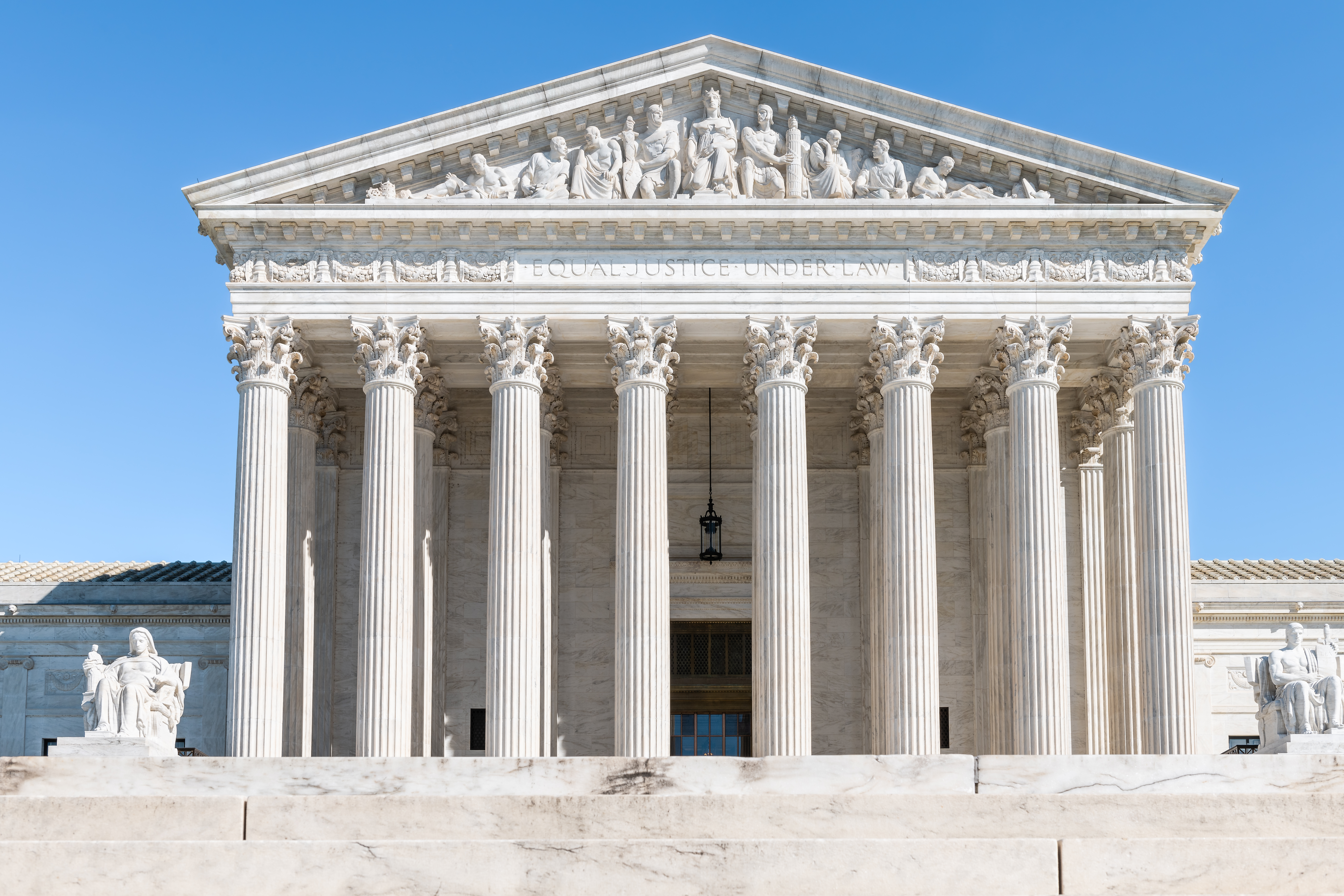Should the U.S. Take a European Approach to Copyright Law?
Last week Rep. Marsha Blackburn (R-TN) attacked the Obama Administration’s recent IP enforcement plan in an op-ed in The Hill, faulting the White House for inadequate copyright enforcement. The column’s recycled rhetoric and unsourced statistics are not necessarily newsworthy; Nashville’s Blackburn has a record of venting against the Internet, and Techdirt has already disassembled this column’s particular flaws, labeling it “an incredible, ridiculous, and almost entirely fact-free article.” While it shouldn’t be overlooked that the 2013 Joint Strategic Plan which Blackburn faults is in actuality far more aggressive than her complaints suggest, the most peculiar aspect of her critique is how it attacks a fundamental principle of U.S. copyright — fair use — and instead endorses a largely Continental approach to copyright regulation.
In Blackburn’s view, the report’s reference to the fair use doctrine, codified as 17 U.S.C. §107 and responsible for a lot of technological innovation, indicates that the Administration is interested only in “typical feel-good language,” which she suggests undermines U.S. interests. Certainly, fair use made the Supreme Court feel good, when it observed in 2003 in Eldred v. Ashcroft, and again in 2012 in Golan v. Holder, that the fair use principle keeps U.S. copyright law consistent with the First Amendment. (Blackburn’s animosity toward fair use is a long-held belief; in a 2005 House hearing titled “Fair Use: Its Effects on Consumers and Industry,” she famously suggested that the use of short quotations or ‘snippets’ were similar to being “a little bit pregnant”, arguing that “how do you go snip just a little bit of what somebody has created and where do you draw that line?”)
In addition to fair use being an established legal principle, it is also responsible for considerable economic growth. Research in 2011 found that industries depending upon fair use and related limitations and exceptions accounted for an average of 4.6 trillion in revenues, and contributed an annual average of $2.4 trillion in “value added” to the U.S. economy, or approximately 17 percent of total U.S. current dollar GDP.
Blackburn seems to discount this, pointing instead to the English philosopher John Locke in support of her argument that the White House should interpret the Constitution to prohibit permission-less innovation and instead pursue a “natural rights” approach to copyright that prevails in some parts of Europe. To the extent a European approach makes any sense, it is only insofar as several of the industries which would benefit are largely European-held. Yet, having witnessed the success of the U.S. approach, even European authorities are now reconsidering copyright limitations, and the fair use approach and its English cousin, fair dealing, have in fact been widely adopted around the world.
In any event, one need not look abroad to interpret the Constitution’s mandate that U.S. copyright regulations should “promote the Progress.” Thomas Jefferson himself explained in 1813 that governments might differ on whether intellectual property “monopolies produce more embarrassment than advantage to society.” The U.S. Supreme Court itself noted in the recent Kirtsaeng case that the Founders’ copyright debate involved whether to grant “no monopoly”, or a “limited monopoly.” Hardly a prescription for a “natural rights” approach. But to the extent that we should interpret the Constitution’s Progress Clause as directed by Englishmen, we might recall Lord Macaulay’s admonition that the copyright “tax” should be “no more than necessary.”
Regardless, any proponent of free enterprise should aspire to promoting a marketplace where innovators need not seek permission from regulators before launching new ventures. As I have previously noted, intellectual property law functions as regulation, and copyright regulations drive (and limit) investment and innovation. It is therefore surprising that Blackburn wants greater government regulation, and more interventionist industrial policy that would diminish the free marketplace which is so important to generating innovation.
In support of this notion, Blackburn cites a recent Chamber report on how much U.S. industries reliant on intellectual property-supported jobs contributed to economic output and account for exports. Yet the credibility of the sorts of studies upon which Blackburn relies have long been questioned. In 2010, a GAO report cast doubt on numerous such reports, observing that “estimating the economic impact of IP infringements is extremely difficult, and assumptions must be used due to the absence of data. Assumptions, such as the rate at which consumers would substitute counterfeit goods for legitimate products, can have enormous impacts on the resulting estimates and heighten the importance of transparency.” In 2008 for Ars Technica, Julian Sanchez explained the shady origins of oft-cited numbers on jobs supposedly lost and the alleged cost of infringement to the economy, and in 2012 for Cato at Liberty, he again debunked “research” that had motivated the SOPA debate. In fact, a study published earlier this year by the National Academy of Sciences (NAS) concluded that policymakers dearly needed additional, objective research on the costs and benefits of copyright, its boundaries, and its exceptions.
This is a particularly timely observation, as Congress considers additional copyright regulation. It is doubtful that any amount of research, however, will support the notion of reshaping U.S. copyright using a European model.








